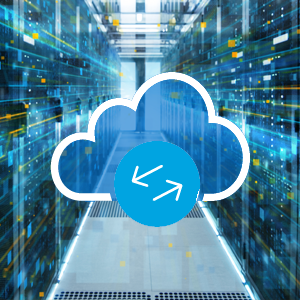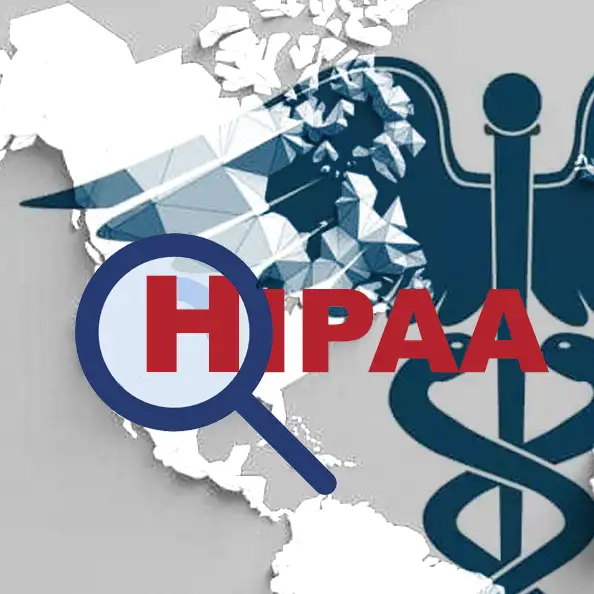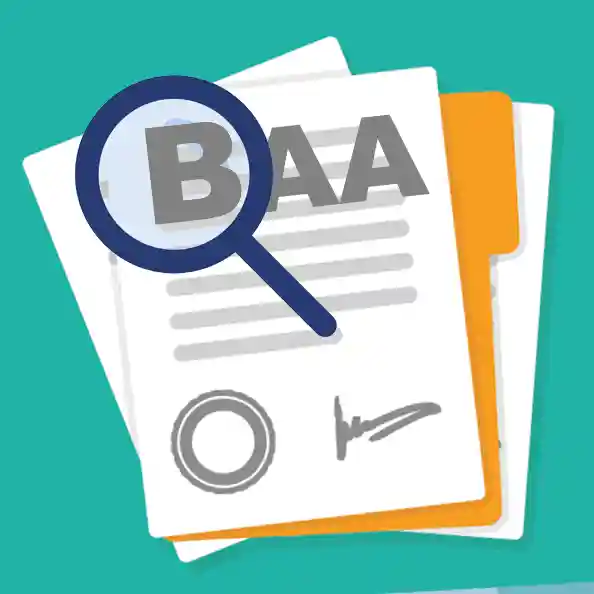5 Ways HIPAA Compliance Makes You More Secure
For healthcare providers, insurance companies, and other entities subject to HIPAA, the security of patients' protected health information (PHI) is especially important.
 In this digital age, businesses must diligently safeguard the privacy and security of the data entrusted that is to them. For healthcare providers, insurance companies, and other entities subject to HIPAA, the security of patients protected health information (PHI) is especially important. By maintaining HIPAA compliance, covered entities are inevitably held to a very high standard for cybersecurity. Even if your organization is not subject to HIPAA regulations, though, you can benefit by following some best practices for HIPAA compliance information. Here are five essential ways that HIPAA compliance can help you prevent data breaches and safeguard confidential information.
In this digital age, businesses must diligently safeguard the privacy and security of the data entrusted that is to them. For healthcare providers, insurance companies, and other entities subject to HIPAA, the security of patients protected health information (PHI) is especially important. By maintaining HIPAA compliance, covered entities are inevitably held to a very high standard for cybersecurity. Even if your organization is not subject to HIPAA regulations, though, you can benefit by following some best practices for HIPAA compliance information. Here are five essential ways that HIPAA compliance can help you prevent data breaches and safeguard confidential information.
#1: Encryption
First and foremost, all PHI must be encrypted at all times, both when it is “in transit” and “at rest”. In other words, any data that is being transmitted between two devices must be encrypted, and any data stored on a computer, portable hard drive, or other device must also be encrypted. Devices can easily be lost or stolen. Encryption ensures that your data will be protected even when it happens. The best HIPAA compliant cloud fax providers use TLS encryption for data in transit. For data “at rest”, AES 256 bit encryption is preferred.
#2: Access Control
To access data, employees should always be required to use unique logins and passwords, and their access to data should be on a “need to know” basis. This ensures that sensitive information is secured against unauthorized access internally, and in the event that hackers assess your system using stolen credentials, it limits the amount of information they can see. By requiring employees to use unique logins, you will also make it easier to audit user activity and identify unauthorized access.
Physical access control is also important. The use of fax technology is common among healthcare providers, due to its extraordinarily good security. Companies that send and receive faxes using printers or dedicated fax machines should place those devices in a location where access is limited. Better yet, use a secure HIPAA compliant cloud fax service, which eliminates the usual concerns about physical fax machines or multifunction printers.
#3: Data Center Security
If you are using cloud-based services in your business, you should keep in mind that your data is only secure as its weakest link. Research the companies that you do business with and find out what policies and procedures they have in place to protect your data.
Cloud-based HIPAA compliant service providers must follow stringent guidelines to ensure the security of the data entrusted to them. That means hosting cloud fax or similar services in data centers with 24x7 security, video surveillance, and access control. WestFax's HIPAA compliant cloud fax, for example, is hosted on servers that sit behind gated access within the data center.
#4: Data Disposal
When PHI is no longer needed, it must be disposed of properly. This means erasing data in a secure manner that prevents it from being retrieved. In the case of paper documents, that means using a shredding service that complies with all necessary security standards and is willing to sign a business associate agreementto acknowledge their obligation to maintain complete confidentiality.
Disposing of digital information tends to be faster and easier. This typically involves wiping storage media clean, as well as instituting policies that limit the re-use of removable storage media. For organizations that send and receive fax transmissions, digital records may be even easier to dispose of. By storing those communications on a secure portal hosted by a HIPAA compliant cloud fax service, you can avoid those kinds of headaches altogether.
#5: Audit Controls
Every organization that handles PHI must have a record of who accesses the data, when they accessed it, what they did with it, and what level of access they have. This ensures that an organization can track who has access to the data and whether they are accessing it appropriately. There are a number of ways to implement audit controls, including using an audit log, monitoring logins, or using a system that provides real-time alerts when a log is accessed. Once again, HIPAA compliant cloud fax offers distinct benefits because it allows for digital access to sensitive documents.
HIPAA compliance is an essential step for any business that handles PHI. Although it may seem burdensome at times, your efforts will ultimately benefit your organization by bolstering your cybersecurity defenses.


